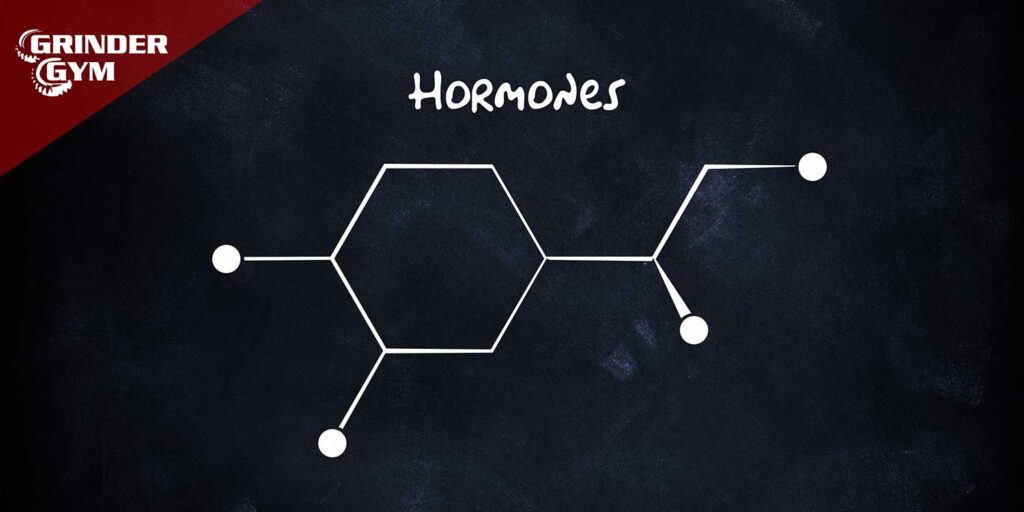
Growth and regeneration peptides are bioactive molecules that play critical roles in stimulating cellular growth, tissue repair, and overall regeneration processes. These peptides are of particular interest in medical research and therapeutic applications due to their potential to accelerate healing, enhance muscle growth, and promote recovery from injuries and surgeries. Their mechanisms of action typically involve modulating growth factors, influencing cell signaling pathways, and promoting angiogenesis (the formation of new blood vessels).
BPC-157: A peptide derived from a protein found in the stomach, known for its healing and regenerative properties.
Thymosin Beta-4 (TB-500): Involved in tissue repair and regeneration, particularly noted for its role in healing injuries.
GHRP-6 (Growth Hormone Releasing Peptide-6): Stimulates the release of growth hormone, used in research for its anabolic and anti-aging effects.
Sermorelin: A synthetic peptide that stimulates the release of growth hormone, studied for anti-aging and growth disorders.
Tesamorelin: Used to reduce excess abdominal fat in HIV patients, also stimulates growth hormone release.
Ipamorelin: A selective growth hormone secretagogue that promotes growth hormone release, studied for its growth-promoting effects without significant side effects.
CJC-1295: A long-acting growth hormone-releasing hormone analog, studied for its potential in growth hormone deficiencies and anti-aging.
MK-677 (Ibutamoren): A non-peptide compound that stimulates growth hormone release, studied for its potential in muscle wasting and growth hormone deficiency.
ARTICLES




Comments are closed